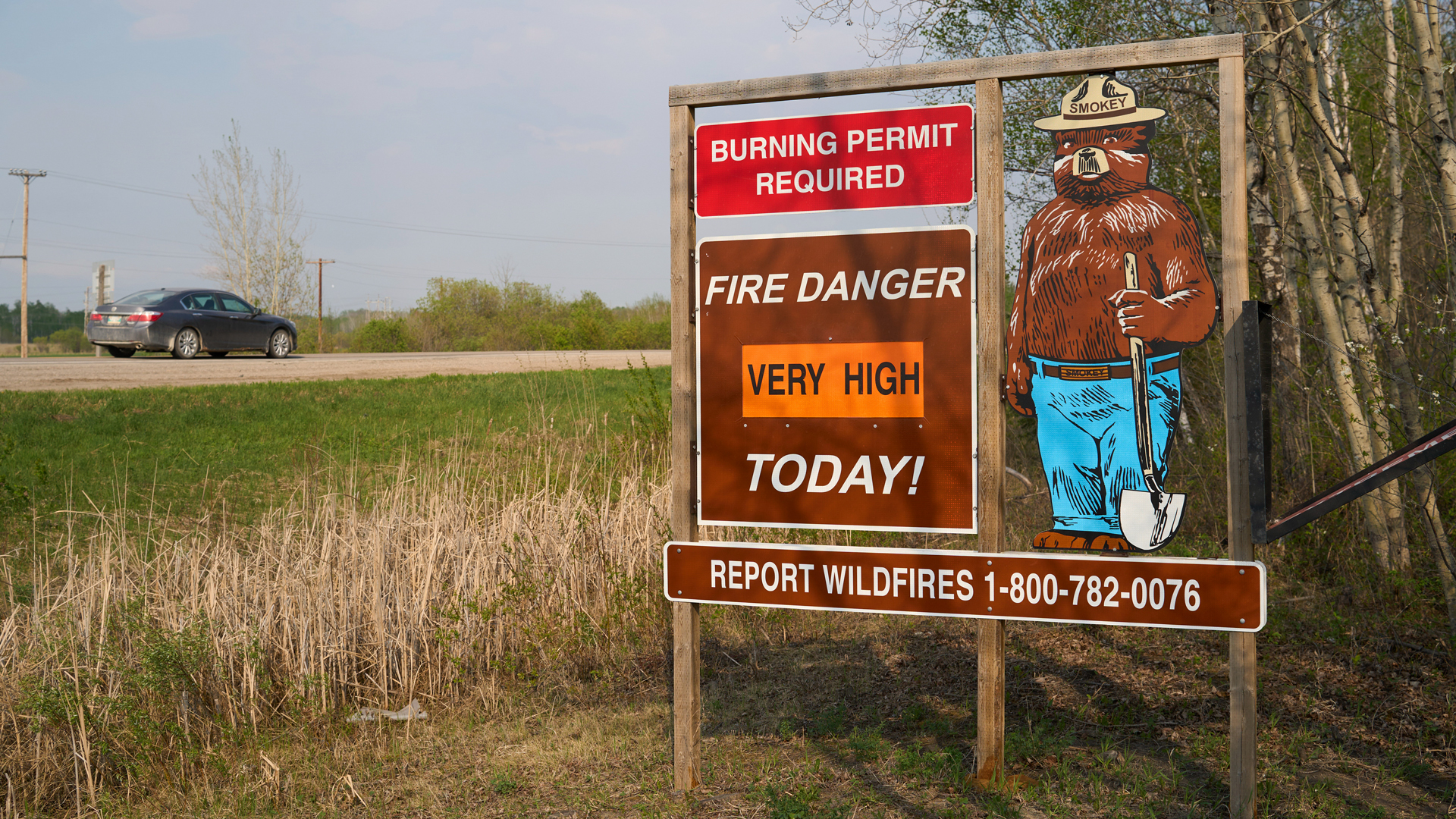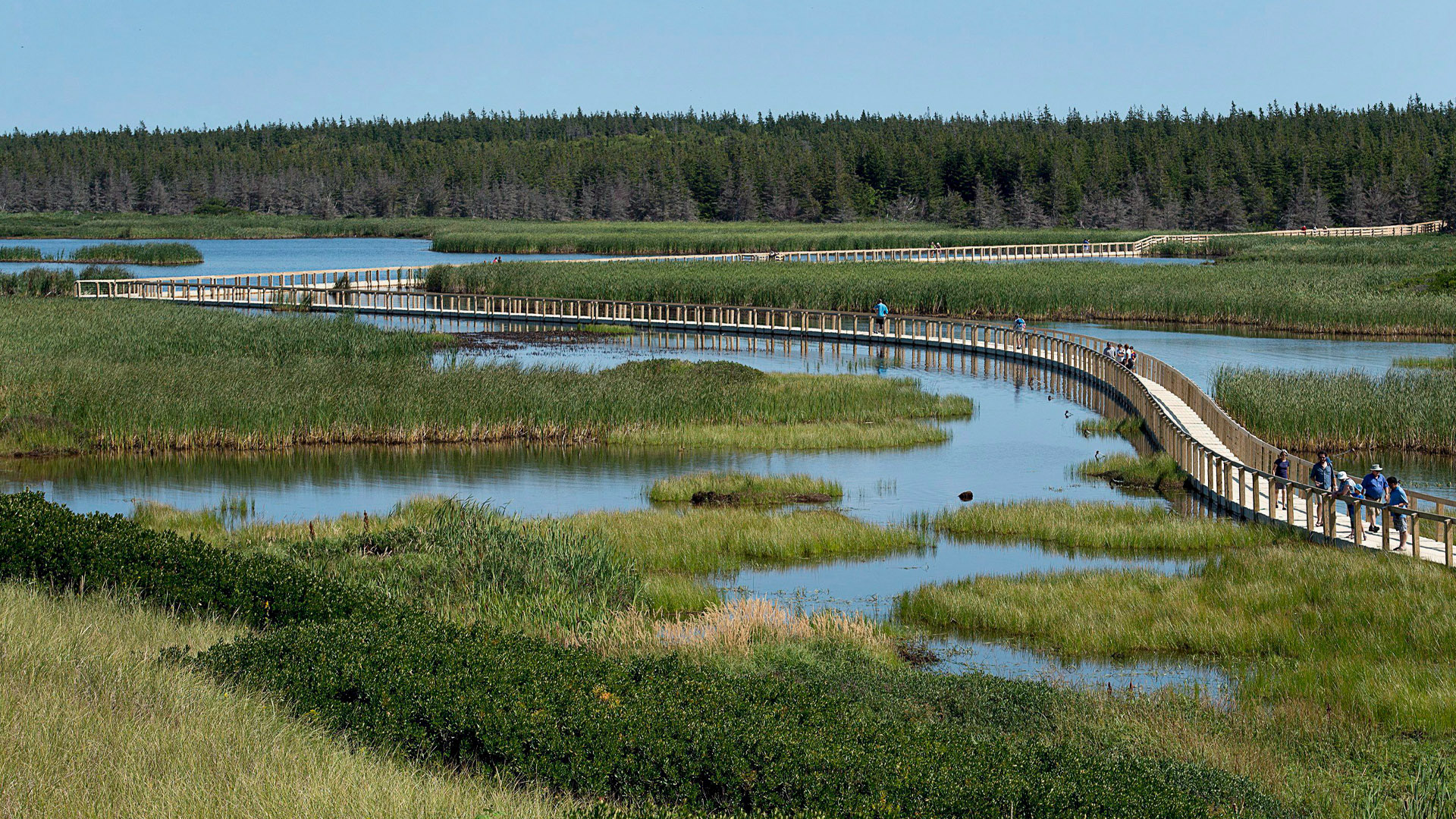
Two years ago this month, Canada appeared to finally have a pan-Canadian climate plan. Although Canada came late to the game, almost 25 years after it signed the United Nations Framework Convention on Climate Change (UNFCCC), and although the plan is imperfect, the Pan-Canadian Framework on Clean Growth and Climate Change represented a beginning capable of progressive improvement over time.
But that path now seems like a distant memory. The anti-carbon tax ideology that Maclean’s magazine branded “the resistance” (taking considerable flak for doing so) has sent us off in a new direction — one that will keep us mired in conflict and costly litigation. Climate policy-making in Canada has once again ground to a halt. Litigation as politics by other means is poised to take over.
In a news story that came and went all too quickly, the youth-focused environmental education organization ENvironnement JEUnesse (ENJEU) applied in November to the Superior Court of Quebec for authorization of a class action on behalf of Quebecers aged 35 and under. The suit is against the federal government for its inaction on climate change over the last 25 years. The government doesn’t even have a plan capable of meeting its already inadequate target, ENJEU claims, a fact affirmed by the United Nations Environment Programme’s 2018 emissions gap report.
It’s the first such lawsuit in Canada since the nongovernmental organization Friends of the Earth sued the Harper government — unsuccessfully — in 2008 for failing to take steps to comply with the Kyoto Protocol on climate change. Unless Canada embarks on more ambitious and cooperative climate policies, it won’t be the last.
Litigation appeals to those who see the “short-termism” of the political process and its electoral cycle as ill-suited to addressing the long-term nature of climate change. Be that as it may, only a collaborative approach to policy-making is capable of delivering the kinds of rapid, forward-looking and systemic changes in how industries and societies function that are necessary to avoid the most catastrophic consequences of climate change. Litigation, by contrast, is necessarily reactive and typically divisive, time-consuming and influenced by the incremental development of legal precedent.
Climate change is already happening
Canadians are already suffering from the effects of climate change. According to the Canadian instalment of the Lancet’s major study tracking climate change’s health impacts, climate change manifests itself in increased wildfires, extreme heat events, unstable Arctic ice conditions, changes in Lyme disease distribution and impacts on food insecurity and mental health. The Canadian Public Health Association argues that the delayed response to climate change over the past 25 years has jeopardized human life and livelihoods. While these effects will disproportionately impact the most vulnerable in our society, every community will be affected.
Similar warnings have recently been issued by the UN Intergovernmental Panel on Climate Change — in its stark December 2018 report on the impacts of 1.5ºC of global warming — and the UN World Meteorological Organization, which reports that current levels of GHG emissions are at record-high levels last seen three to five million years ago, when the average global temperature was between 2ºC and 3ºC warmer.
Canadian climate (in)action
The Canadian government has known since at least 1992, when it ratified the UNFCCC, what needs to be done to limit global warming. But since then it has done very little, presiding over a patchwork of collectively insufficient federal and provincial policies. Although Canada signed the Kyoto Protocol in 1998, it withdrew in 2011 to avoid incurring financial penalties for its noncompliance. We’ve been fiddling while Rome and the rest of the world burns.
The 2015 UN Paris Agreement on climate change marked a change in approach, both internationally and domestically. The Paris Agreement represents a bottom-up approach whereby the world’s countries commit to enacting progressively more ambitious climate policies to hold the increase in the global average temperature to well below 2ºC above the preindustrial norm while pursuing efforts to limit the increase to 1.5ºC, “recognizing that this would significantly reduce the risks and impacts of climate change.”
The Trudeau government was elected in 2015 on a platform of meaningful climate action and has pursued domestic policies of a similarly bottom-up nature to respect the cooperative nature of Canadian federalism. The Vancouver Declaration — which pledged to develop a nationwide plan to “meet or exceed Canada’s international emissions targets” — was unanimously supported by all provinces and territories. It was the first step in the development of the Pan-Canadian Framework on Clean Growth and Climate Change, a cooperative plan that includes a commitment to price carbon emissions but leaves the choice of how to do so (for instance, by way of a tax, as in BC, or a cap-and-trade program, as in Quebec) in the hands of the provinces and territories, to recognize regional diversity. The federal government steps in with a “carbon pricing backstop” only in those jurisdictions that fail to price carbon in one of these ways. Regardless of who imposes the price, all revenues are returned to the province or territory they came from.
Designed to implement this nationwide plan, the federal Greenhouse Gas Pollution Pricing Act is an example par excellence of cooperative federalism. Enacted in mid-2018, it provides a mechanism whereby all jurisdictions sing from the same sustainable songbook but with their own instruments. It enables a unified transition toward a net-zero-carbon economy, by moving in lockstep with an inevitably decarbonizing global economy rather than choking on fossil fuel dust.
But some provinces have poked a stick into the wheels of the pan-Canadian climate plan, backpedalling on their earlier commitments. Saskatchewan, Ontario, Manitoba and New Brunswick assert that the federal government lacks jurisdiction to enact a national carbon price; the United Conservative Party in Alberta and the federal Conservative Party are also adamantly opposed. Constitutional challenges have been filed in Saskatchewan and Ontario.
Those parties’ own climate plans are largely inchoate, but the few details presently on offer illustrate an intention to ratchet down on ambition. Instead of following the well-established polluter-pays principle, these Conservative parties intend to pay polluters by incentivizing climate-friendly innovation through subsidies and government regulations. This approach is precisely the opposite of a truly conservative, cost-effective, market-based solution. Climate policy should not be hijacked for partisan politics.
The current burst of political opposition is likely to lead to more litigation. ENJEU’s lawsuit is just the beginning. We may well soon see an even broader case modelled on a youth-focused climate lawsuit just getting started, Juliana v. the United States, which is premised on an even broader array of climate actions and inactions on the part of the US federal government. A recent appellate decision in favour of the environmental nongovernmental organization Urgenda in its suit against the Dutch government may also inspire further litigation in Canada, as it has in Belgium, Norway, Ireland, New Zealand, Switzerland, Colombia and the United Kingdom. Climate-related claims by Indigenous groups also appear likely, if not inevitable, in the absence of more effective and inclusive policies.
Partisanship’s opportunity costs
Leaving aside the legal merits of such cases and their considerable intuitive appeal — after all, what’s the purpose of a government and a constitution, as ENJEU’s claim asks, if not to protect the lives and safety of its citizens? It’s important to bear in mind the inherent limits of litigation to resolve controversial national issues. Lawsuits are costly and lengthy, they divert scarce resources and energy, and they’re often driven not by genuine disagreements over the law but by fundamental differences in norms and partisan politics. Who remembers the last time a divisive national public policy issue was neatly resolved by the courts?
While we busy ourselves as a country taking each other to court, we’re losing time and delaying the inevitable choices in front of us about how to limit and adapt to climate change, and those choices only grow more expensive the longer we put them off.
As we bicker and navel-gaze, we’re also missing out on significant opportunities for economic growth. Global investments and innovations in decarbonization are proceeding rapidly. China, for example, already the world’s leader in domestic investment in renewable energy, recently broke the international record for acquisition of large clean-tech projects, with international investments exceeding US$44 billion in 2017. As the world’s largest GHG emitter, China is no climate leader, but it seems to know where the global economy is headed.
The recent closure of five General Motors auto assembly plants in North America — including the plant in Oshawa, Ontario — is a costly example of this highly disruptive transition. The shutdown was driven in large part by a shift in production toward electric vehicles, primarily in China, where approximately 66 percent of the world’s EVs are made and used, and where demand is poised to explode.
Imperfect intergovernmental plans are better than litigation
In the end, the courts may well ultimately declare that Canada’s climate policies are insufficient. There’s little doubt that the courts will confirm the federal government’s jurisdictional authority to regulate GHG emissions. They may even decide that the Constitution obliges the government to take more serious climate action.
While that would certainly be welcome, the courts cannot be expected to tell us how to act on climate. That’s the imperative of democratic politics, for present and future generations of Canadians alike. As we idle at this fork in the road, we have to choose between divisive partisanship and cooperative policy-making. Collaboration may be difficult, but it’s not impossible, as illustrated by the Energy Innovation and Carbon Dividend Act, introduced in November by a bipartisan group of the US Congress. The choice we make now is critical. Nothing less than the future of the planet and Canada’s place in it is at stake.
Photo: People hold up signs demanding action on climate change during a demonstration in Montreal, on December 8, 2018. THE CANADIAN PRESS IMAGES/Graham Hughes
Do you have something to say about the article you just read? Be part of the Policy Options discussion, and send in your own submission. Here is a link on how to do it. | Souhaitez-vous réagir à cet article ? Joignez-vous aux débats d’Options politiques et soumettez-nous votre texte en suivant ces directives.







